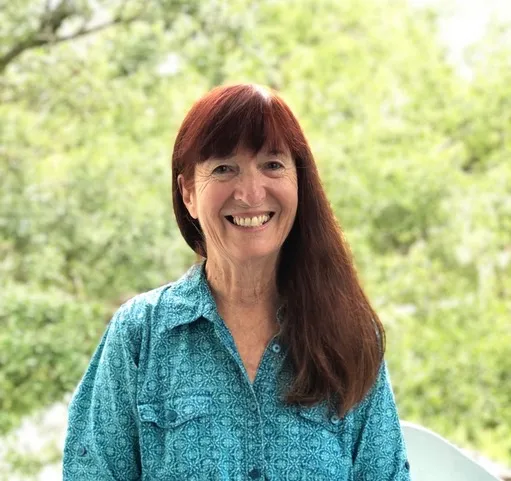I held my magazines in my lap and looked longingly out the window, believing myself to be a melancholic character in the movie of my life.
(fiction)
Thirty-four houses in thirty-four years, as if the idea of putting down roots was anathema to her.
(reviews)
The latest in our FORTHCOMING series of excerpts from new books
“And what if dying is like / that time I got out of school early / because I had an appointment”
“For Example: You’re Allergic to Bees – A community poem for Maureen Seaton” “Oyl”
(poetry)
I compliment / the man on his black leather jacket and he hangs it on my / shoulders and says, I think you’ll like it better than me, bunny.
Her aunts—a year apart and almost identical in appearance—ticked all the boxes of conventional postcolonial standards of Bangladeshi beauty. They had the “fair and lovely” smooth skin, the black voluminous hair that touched their waists, and eyes with lashes that could put a doe to shame.
(fiction)
The latest in our FORTHCOMING series of excerpts from new books
“I spoke the least of my fears for him then. Although his excesses scared me, I usually said nothing against his inordinate feasts.”
(fiction)
i go to school to see mary but learn louis xvi was beheaded in front of an empty / pedestal
When I see a half-fallen curtain, / I see an eye on the verge of sleep.
(poetry)
The cicada ebbed and flowed / until those raised in cities / complained. How can we sleep?
(poetry)
The only language you know / the form you know as love / as one, / complete / complete.
(translations)
I don’t trap my dreams in books / you might as well store fire in paper
(translation)
But those who press the grapes now, / who toil from morning till night, / they’ve disowned us…
✶✶✶✶
“Humor is so essential to having a well-maintained psyche, because if we take ourselves too seriously, we’re probably going to be miserable,” Christine Sneed tells interviewer Kathryn O’Day.
(interview)
He moved close enough to whiff my aftershave. Our eyes met before he grimaced.
(fiction)
Show me a mistake that isn’t avoidable or a person who never makes one. How much easier these characters’ lives would be if they allowed themselves to fail and learn and grow.
(reviews)
The children / dance on open flame, scrawl shapes across the sky / you feel the ground vibrate as they raise hell / on all your futures.
(poetry)
He slices an opening in the side / of my breast and puts a needle inside / which flails around like a water hose he can’t control / in the yard
(poetry)
She loved her Oxy, Hydrocodone, and Xanax, the pretty colors and shapes. She sometimes poured them all into her hand. Did she think about it? Of course, some days. It would be so easy—a glass of water, her favorite videos.
(fiction)
He’s standing around and a girl in a red coat makes him think of me. Or a French bulldog, that I would run to pat. Or a scent makes him turn back.
(fiction)
…the promise of fulfillment rather than just a hole here or there or in several places at once…
(nonfiction)
The latest in our FORTHCOMING series of excerpts from new books
“They had traveled through miles and miles of empty land in the dark, a vast empty space between national borders.”
(fiction)
I was certain all was lost, that the curtain had been lifted to expose Double Take Creative for what it truly was: a two-bit operation run by a misty-eyed has-been and his oblivious minion.
(fiction)
in silence, those dark minutes of recess when they stomp on my shadow with their hyena / laughter
(poetry)
Does literary fame play a role in your quest as a writer and if so, does it play a positive role, or a negative one?
(nonfiction)
Do you need to be a good person in order to be a great poet?
(nonfiction)
The flight attendant checked the row number printed on the overhead compartments, consulted her paper, then looked directly at Mia. “You are a doctor?”
(fiction)
The work is not going well. Why is the work not going well? I think. Wait. I ran out of medication.
(nonfiction)
The latest in our FORTHCOMING series of excerpts from new books
“Do you know what it means to be glorious in a way / even God doesn’t see?”





























